“How do you see yourself living in a community?”
When I was asked this question – the first for one of my interviews for admission to the Novitiate – my mouth was (thankfully) full of ice cream, giving me a few seconds’ grace to come up with an answer.
Two months have flown by here in the novitiate, and as I’ve finally settled into a new rhythm, that question presents itself more and more concretely.
Being the eldest of five brothers, sharing a household is by no means new to me. Still, the context has changed dramatically: my newest brothers are 11 other novices, from four different countries, each bringing a vastly different experience of life. Add to this the different so-called «Apostolates» (work we do assisting parishes or institutions in Genova) we do, and even our daily experiences have become more distinct.
Though we may not all share the same language, culture, work & academic background, Apostolate and interests, we are united by a personal relationship with Christ and a deep desire to answer His call with love. So much so that, seeing life through the eyes of faith, our diversity is most certainly a strength and a gift to be thankful for, seeing in one another a different face of the love of God.
What to do with a gift like this? Use it! And in fact, our routine gives great importance to this sharing of ideas, opinions, experiences, interior movements, joys, concerns, strengths and weaknesses: whether it be through open discussions during mealtimes, daily evening recreation all together, Thursday outings hiking in the mountains/by the sea/visiting Genova, or discussing our weekly Movie Night or monthly CineForum.
But perhaps the highest expression of this daily diversity is through prayer. For us, prayer is a time to recognise and nurture the desires God has placed in our heart, to listen to Christ’s personal call, to deepen an intimate relationship with Jesus. But it is not a time of isolation: nothing we have and experience is ours alone, and this is true also of the graces received in our daily hour of silent morning prayer. For this reason we share graces, insights, reflections and consolations received during this encounter with God with the whole community during Mass as we present our intercessions.
Vespers, the prayer of the whole Church, is also preceded by a time of silent personal prayer, so that when we raise our hearts to God in unison, our common prayer stands on a deeply personal and individual experience of the Word of God.
Community life isn’t simply about ‘friendliness’, of which there is plenty, but sharing a life which is centered on Christ. And this is what it means «to be friends in the Lord», just like the first companions of the Society of Jesus.
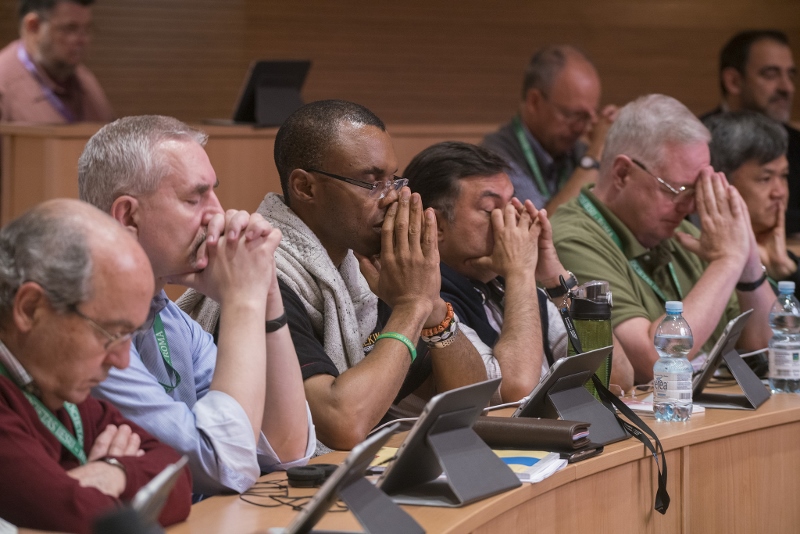
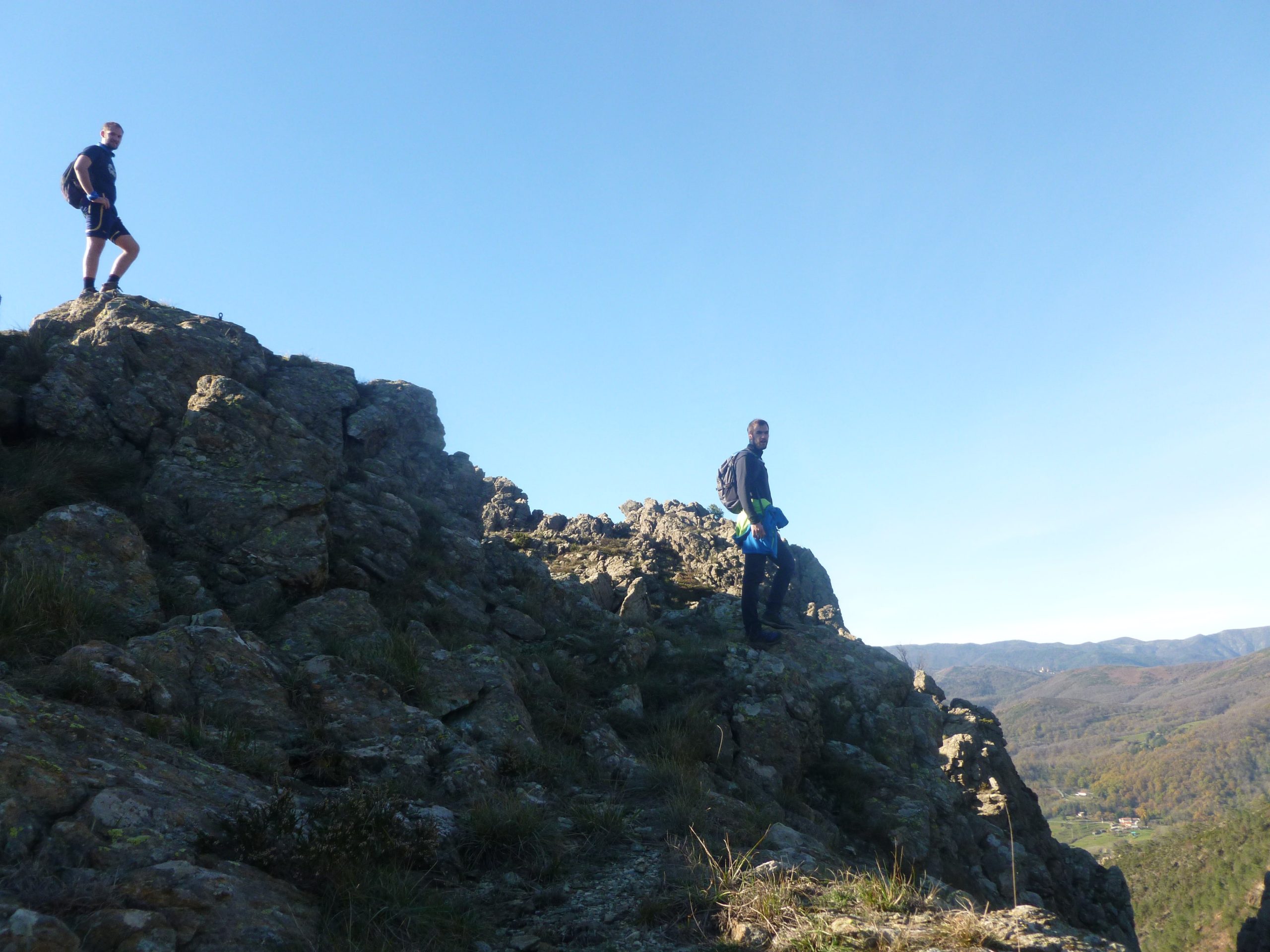






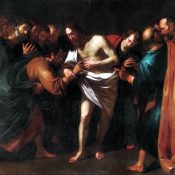
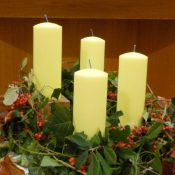

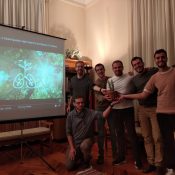
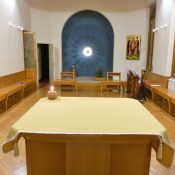

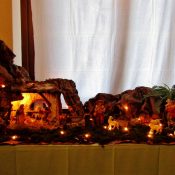







Comments